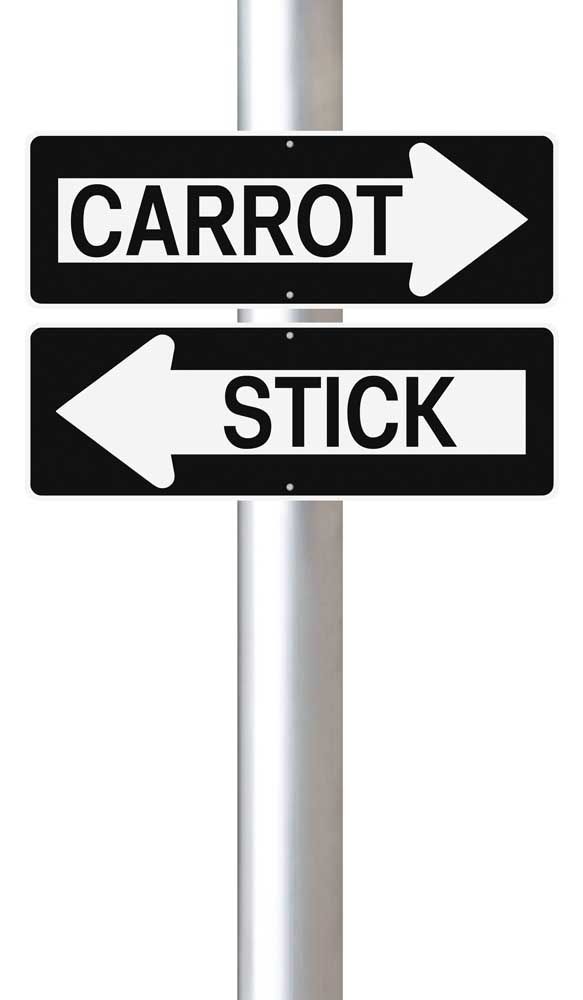Editorial: State may use more stick than carrot to force climate change action
Published 9:30 pm Friday, November 12, 2021

- carrot
Cities and counties in Oregon may get their transportation dollars cut off if they don’t hit state climate goals.
You may think that makes sense: Oregon needs to be more climate friendly and if it takes withholding money to get cities and counties to act, so be it.
But there are legal questions. And there is a question of how the state should go about ensuring Oregon becomes more climate friendly.
Oregon’s Land Conservation and Development Commission has been working on translating Gov. Kate Brown’s directive for a more climate friendly and equitable state into reality. Rules for state transportation and growth are being written. And the commission is trying to decide what they should say.
One decision point is where the state should land on the spectrum of prescriptive rules or more outcome-based rules. For instance, should cities be required to do certain specific things such as put buffered bike lanes on every major street and install certain numbers of electric charging stations? Or should cities come up with their own mix of programs that hit targets to reduce greenhouse gasses from transportation?
Another issue is: the carrot or the stick. The commission asked ODOT to look into ways it could withhold sending money to cities and counties for roads and other transportation projects if they don’t meet goals. Cities and county governments have banded together, arguing they want more carrot and less stick.
ODOT believes it has the authority to withhold some funds, such as to regional planning organizations called MPOs. That could get complicated. For instance, Bend and Deschutes County are both in the Bend MPO. If Bend didn’t meet state climate goals and the state withheld MPO money, it could hurt the city and the county.
ODOT also says it has the power to withhold money from its program to replace and improve the state’s bridges. It argues that should not be done, though, because it wouldn’t be safe.
What do you think? Should the state be more prescriptive or outcome-based? Should it be wielding a stick or handing out carrots? The Land Conservation and Development Commission does take public comment. And it is meeting again next week to make these decisions. The commissioners are appointed, not elected. There’s no real way voters can hold them accountable for their decisions. You can at least tell them what you think. There is more information here: tinyurl.com/Oregonrules.






